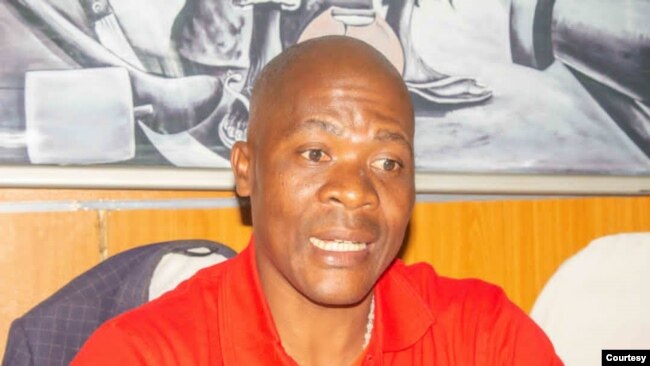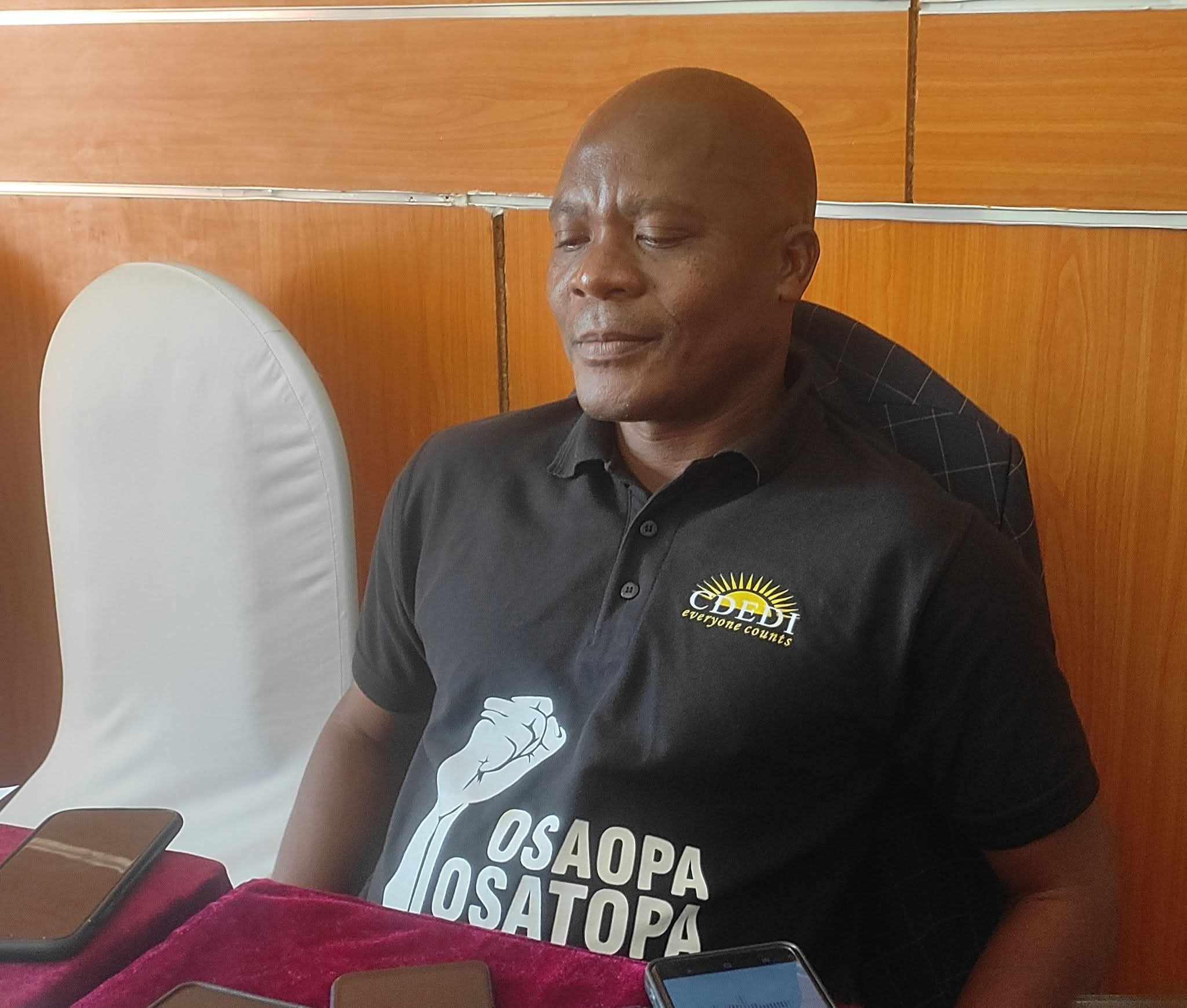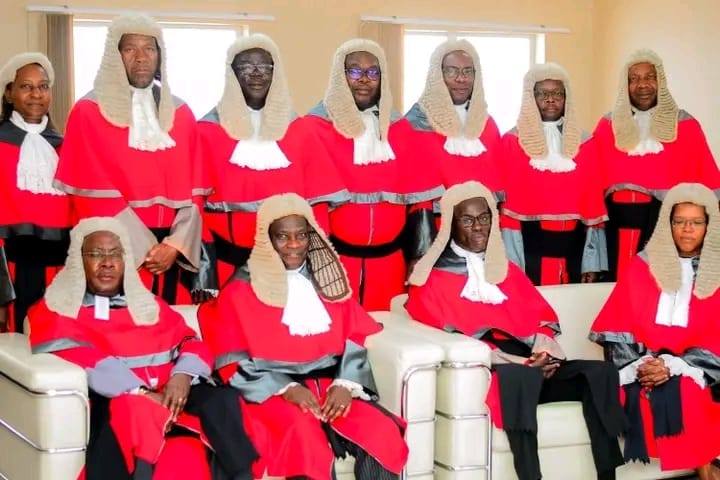By Burnett Munthali
The establishment of the Commission of Inquiry into the Chikangawa plane crash has been shrouded in controversy and skepticism from its inception. The recent resignation of Sylvester Namiwa, the Director of the Centre for Democracy and Economic Development Initiatives (CDEDI), just 48 hours after his appointment, has added a new layer of complexity to the situation. His departure has sparked questions regarding the commission’s transparency and accountability, as well as the broader implications of political interference in crucial inquiries.
The resignation of Sylvester Namiwa: A symbol of discontent
Namiwa’s resignation is particularly notable because it signifies a profound dissatisfaction with the commission’s approach. In his letter, he articulated his belief that the commission should prioritize public testimony and transparency, reflecting the high expectations that accompanied its formation. His resignation within such a short timeframe raises concerns about the integrity of the inquiry and suggests that fundamental principles of openness are already being compromised.
By stepping down, Namiwa not only highlights his commitment to accountability but also underscores the apparent disconnect between the government’s intentions and the expectations of civil society. His decision to resign can be interpreted as a form of protest against what he perceives as an attempt to conduct the inquiry in secrecy, thereby undermining the very purpose of the commission.
Transparency and public confidence
The essence of any commission of inquiry lies in its ability to engage the public and instill confidence that the investigation will be thorough and unbiased. Namiwa’s emphasis on the need for public testimonies reflects a broader call for transparency in a context where trust in government institutions is waning. The expectation that witnesses would be allowed to testify publicly is crucial, especially given the sensitivity of the issues surrounding the Chikangawa plane crash and the implications for national governance.
The failure to uphold such transparency could lead to allegations of a cover-up, a concern that resonates strongly in a political climate marked by skepticism toward government motives. If the commission operates behind closed doors, it risks not only losing public trust but also the legitimacy of its findings.
The political context: Chakwera’s response to pressure
Namiwa’s threat of demonstrations, which catalyzed the formation of the commission, speaks volumes about the current political landscape in Malawi. It highlights a growing frustration among civil society leaders regarding government accountability. Chakwera’s decision to establish the commission in response to public outcry suggests a reactive rather than proactive approach to governance.
While the creation of the commission can be seen as a step toward addressing public concerns, the manner in which it is conducted is paramount. Namiwa’s resignation raises alarms about whether the commission will genuinely strive for accountability or merely serve as a mechanism to placate dissent and divert attention from deeper issues of governance and corruption.
Implications for governance and civil society
The fallout from Namiwa’s resignation could have broader implications for civil society engagement in Malawi. His departure signals a potential rift between government authorities and civil organizations that advocate for accountability and transparency. If civil society leaders perceive that their voices are being marginalized or ignored, it could lead to increased tensions and further demonstrations against government actions.
Moreover, the incident may discourage other qualified individuals from participating in future inquiries, fearing that their integrity may be compromised by political influences. This could result in a significant gap in the accountability mechanisms that are essential for a healthy democracy.
Conclusion: A call for genuine accountability
The Chikangawa plane crash Commission of Inquiry stands at a critical juncture. Namiwa’s resignation has drawn attention to the urgent need for a commitment to transparency and public engagement in its proceedings. For the commission to fulfill its mandate and restore public confidence, it must embrace an approach that prioritizes accountability over political expediency.
As Malawi navigates these challenging waters, the government must recognize that genuine accountability is vital not only for addressing past grievances but also for fostering trust between the state and its citizens. Without a transparent inquiry, the commission risks becoming just another instrument of political maneuvering, failing to address the serious concerns that prompted its creation in the first place. The path forward should involve not just a commitment to investigating the crash but also a renewed dedication to upholding democratic principles and ensuring that the voices of all stakeholders are heard.




